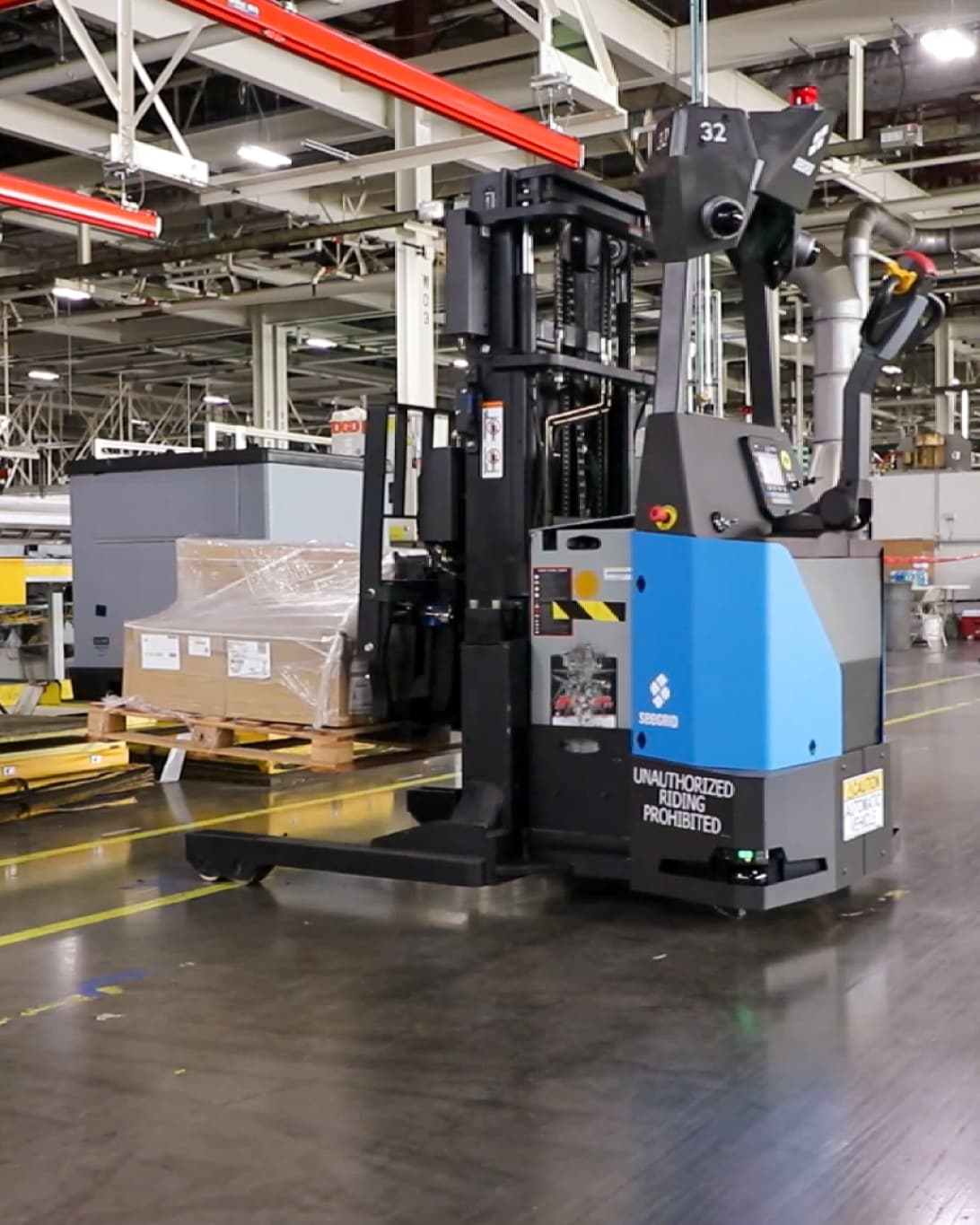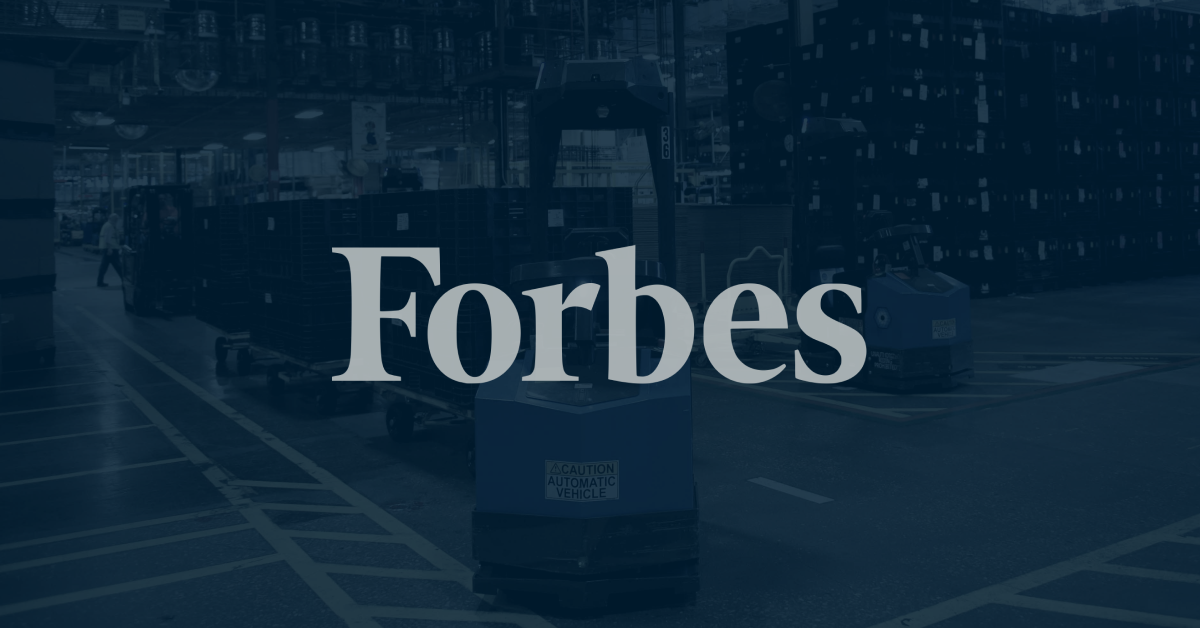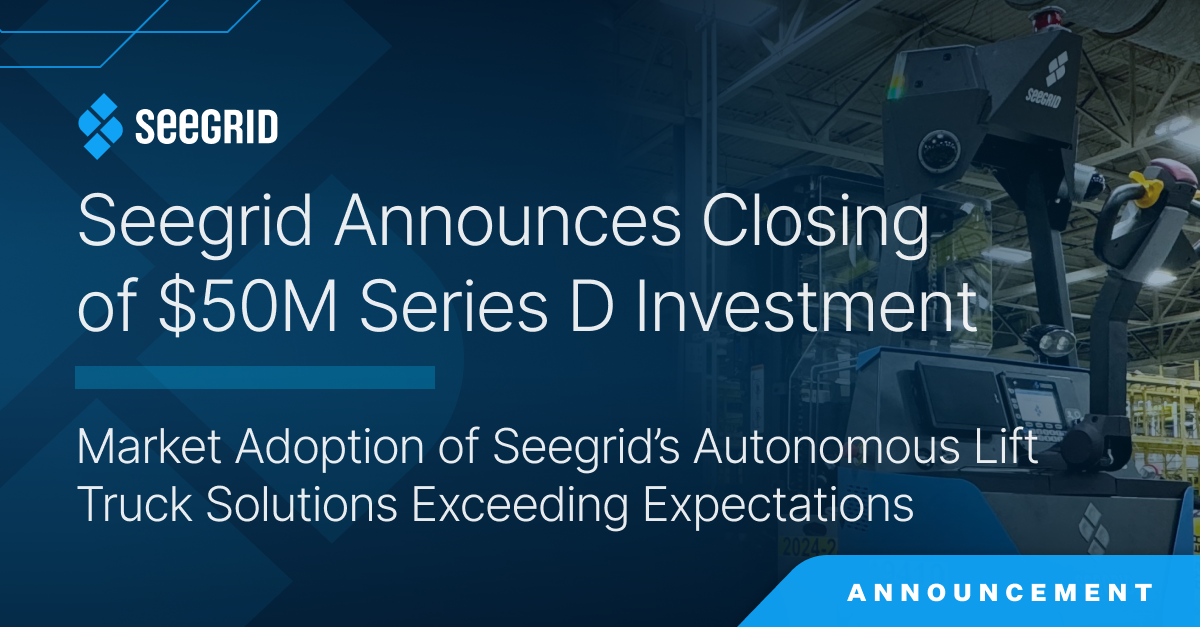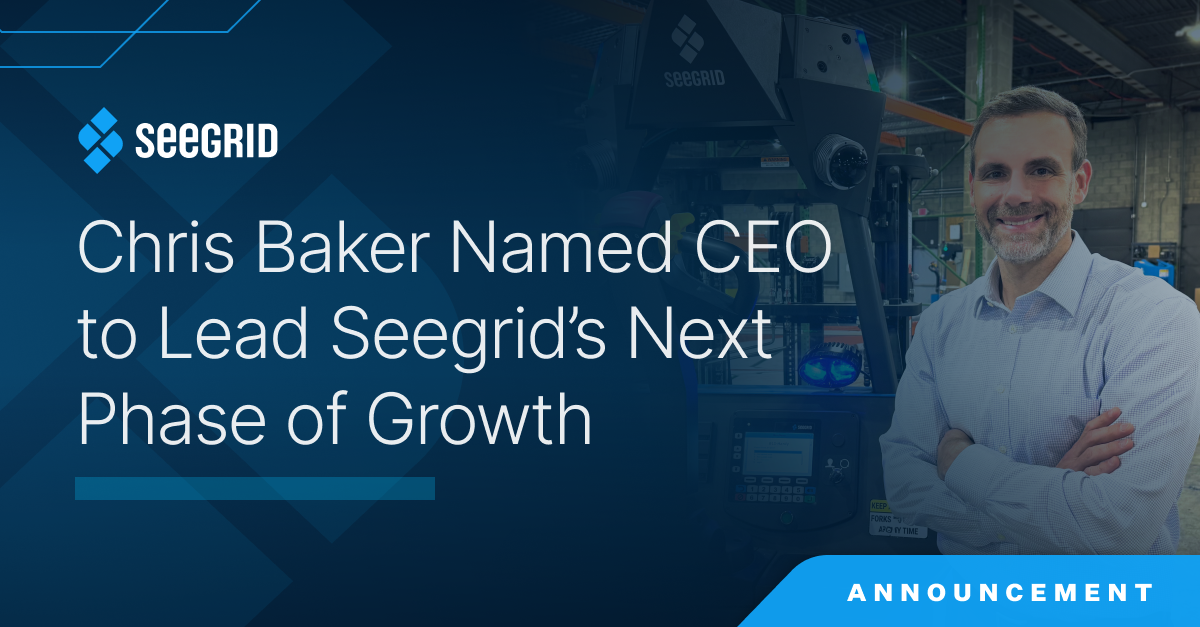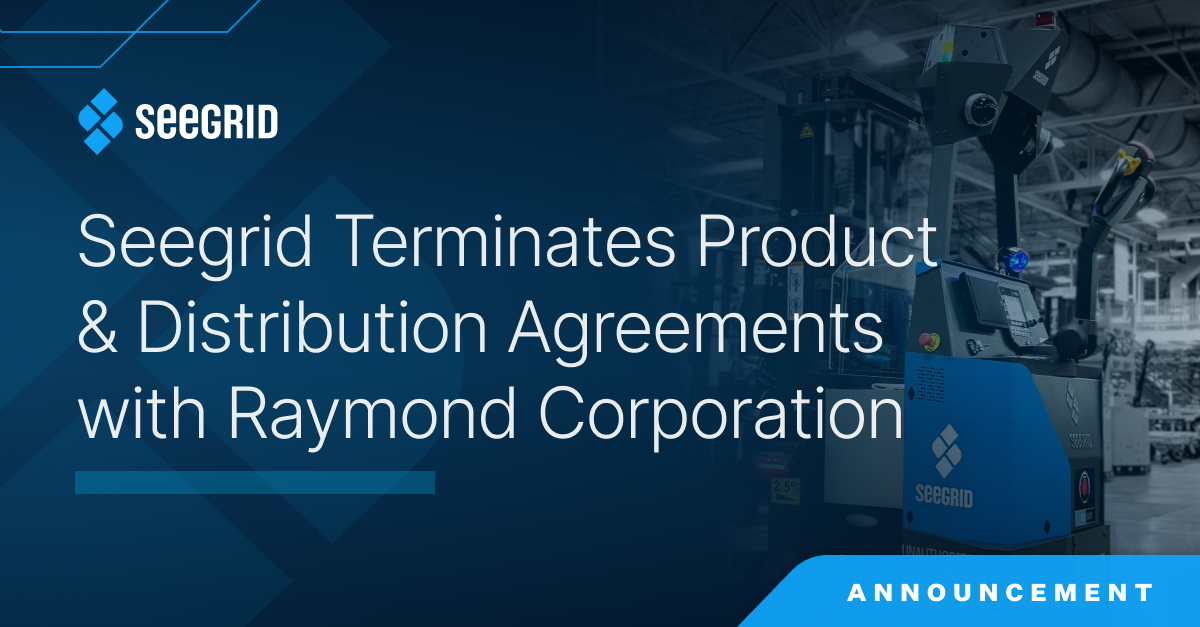It's no secret that companies worldwide have seen enormous supply chain disruptions in the last 18 months — with microchip shortages, cyberattacks causing delays in meat production and many other everyday items being "currently out of stock," to name a few.
These disruptions have wreaked havoc on our supply chains, leaving consumers and distributors alike both frustrated and eager for solutions. Adding to these disruptions is a national labor shortage that is also affecting the supply chain, contributing to bottlenecks in getting products to consumers.
While many markets are experiencing difficulties in this arena, it's especially problematic when it impacts manufacturing and distribution. While the monthly jobs numbers are showing growth, there are still thousands of jobs left unfilled. According to a recent report from Deloitte and the Manufacturing Institute, 77% of manufacturers say they are having ongoing difficulties attracting and retaining workers this year, and they expect this to continue. The report also states that "the top two consequences cited by manufacturers of not being able to fill jobs were the inability to increase revenue growth (82%) and maintain production levels to satisfy demand (81%)."
How Can We Offset The Shortage?
To offset the growing labor shortage while keeping pace with consumer demand, a growing number of companies are now turning to automation. This is particularly true in areas heavily impacted by supply chain pressures and uncertainties such as manufacturing, distribution, fulfillment and e-commerce. Automation can help businesses quickly and effectively move goods in dynamic environments where nimble, cohesive and productive solutions maximize capabilities and also labor. This movement of materials often involves repetitive, dangerous tasks that humans aren't built for.
